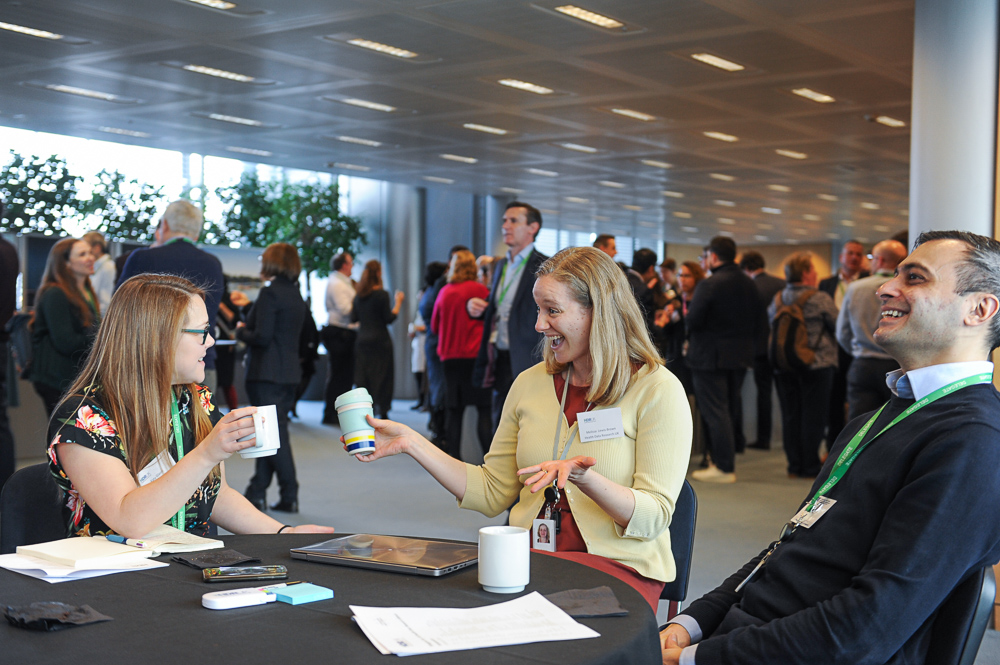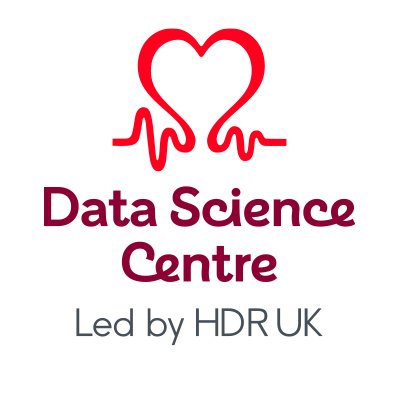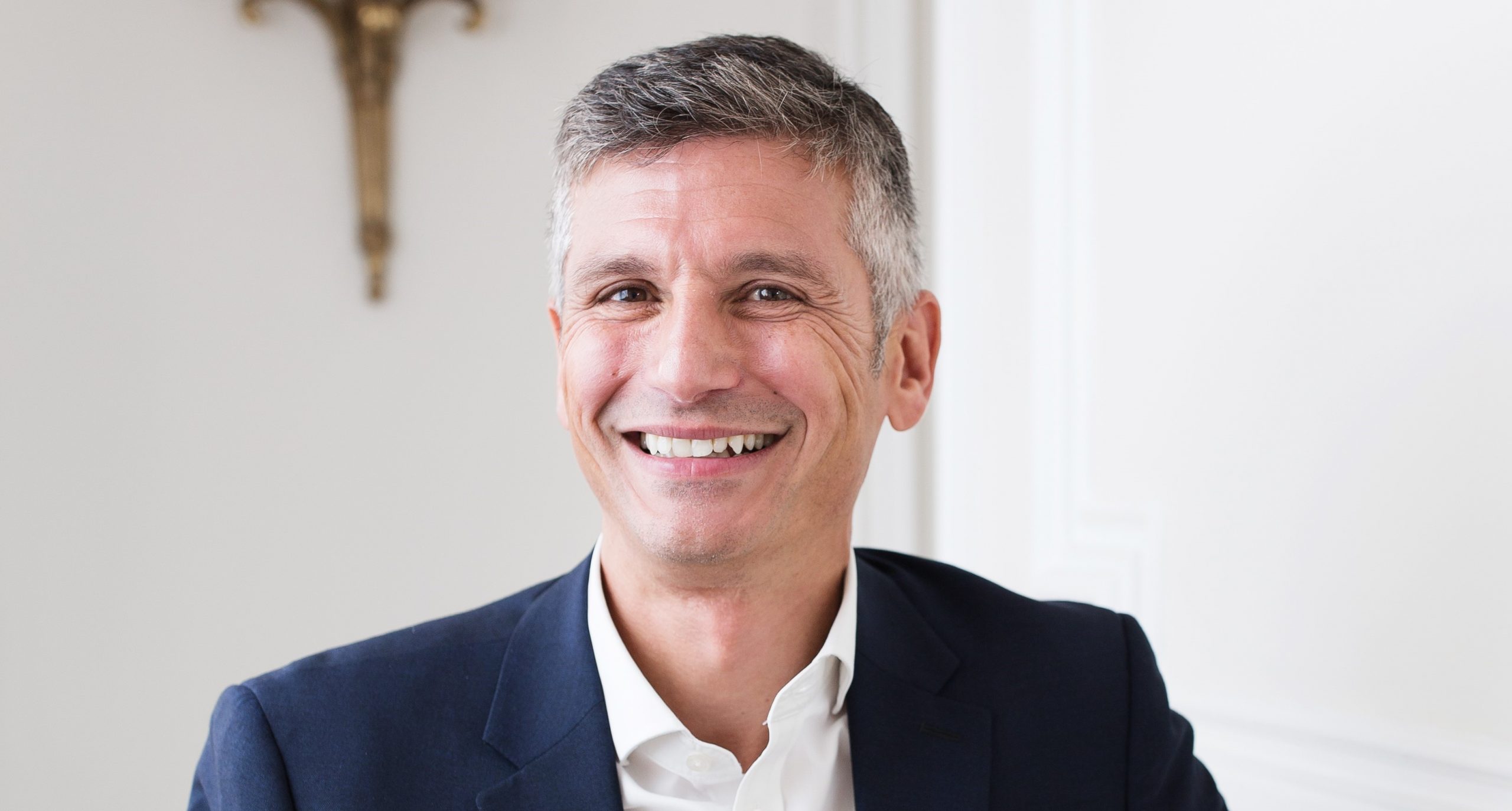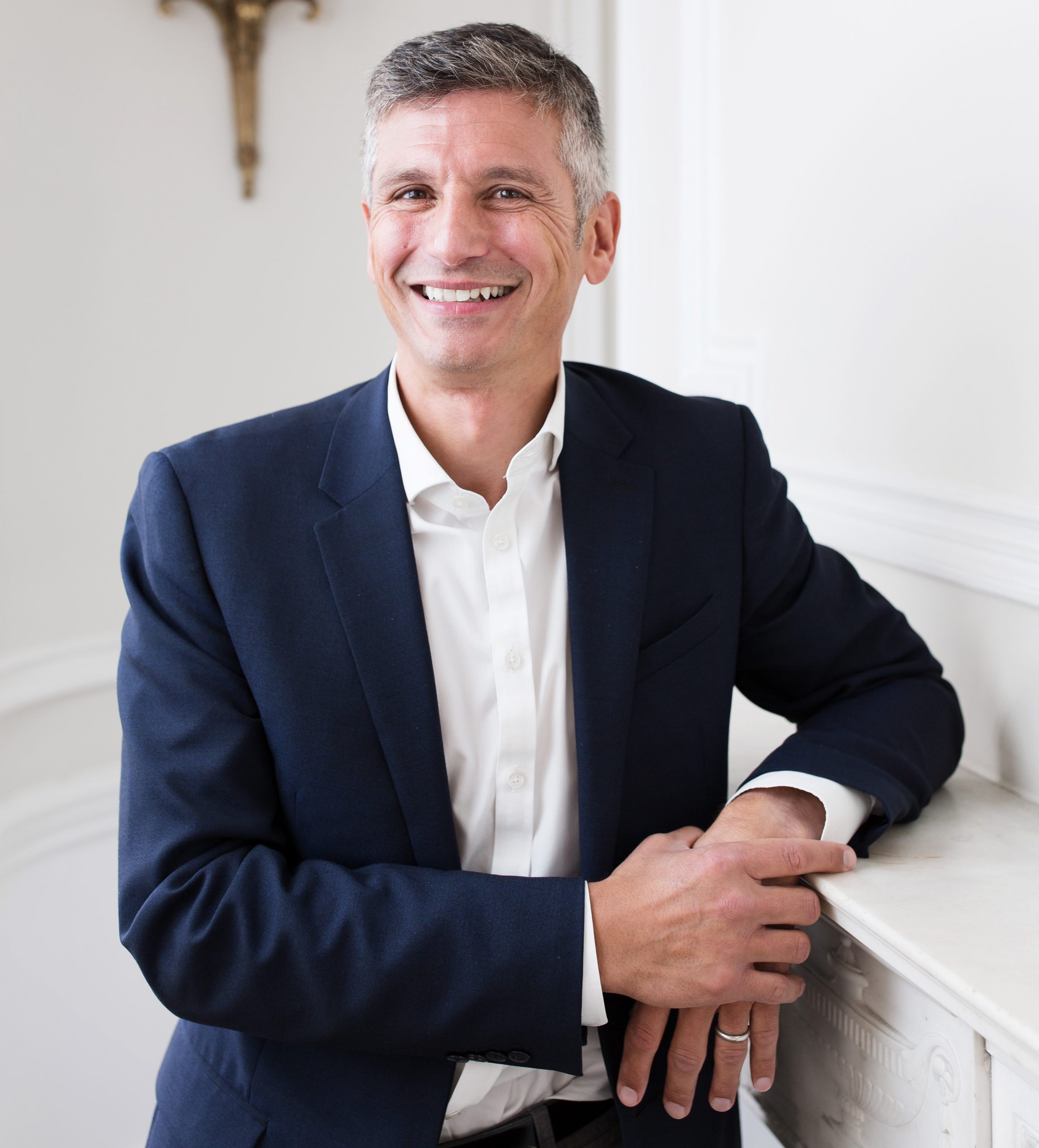
Could your smartphone help diagnose heart disease?
Join us in this interactive webinar to explore how devices like smartphones and smartwatches could help doctors spot heart disease.
Devices like mobile phones and smartwatches can capture huge amounts of information about a person’s movements, behaviour and other signals like sleep or heart rhythms. Information like this could help doctors understand more about a person’s health and risk of developing disease in the future.
In this interactive webinar we will explain how data from smartphones and wearables could help diagnose heart disease. We will discuss possible impacts on trust, privacy, security, and health inequalities. It is essential to get the views of the public and patients on how we use this data, and we will explain how we are doing this.
Whether you love or hate technology, gadgets, and gizmos, we want your thoughts! We will ask you to anonymously share your views throughout the session, after which you will have an opportunity to ask your own questions and share your views to a panel of cardiologists, scientists, and representatives from our public and patient partner group.
Meet the speakers

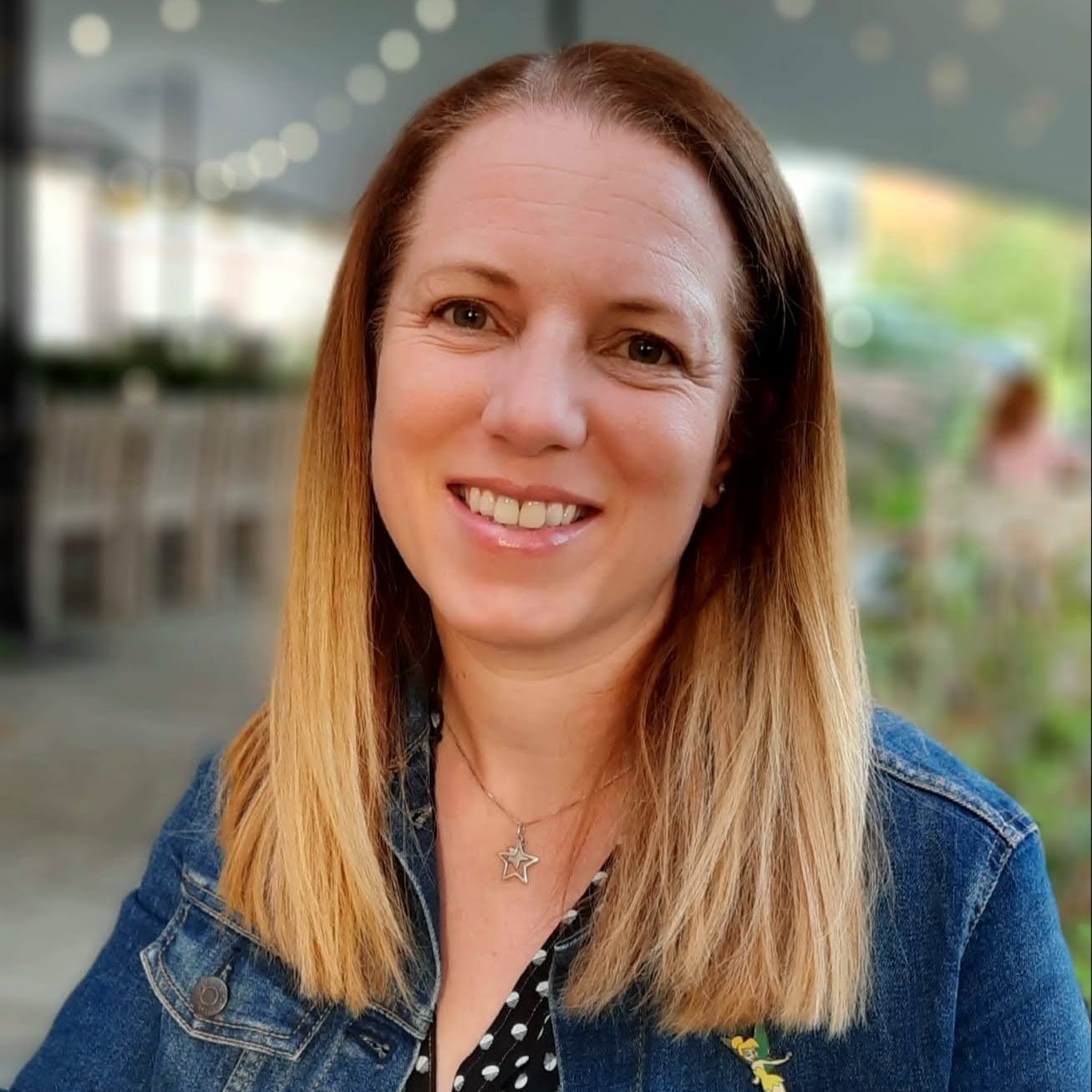
Jackie MacArthur

Samaira Khan
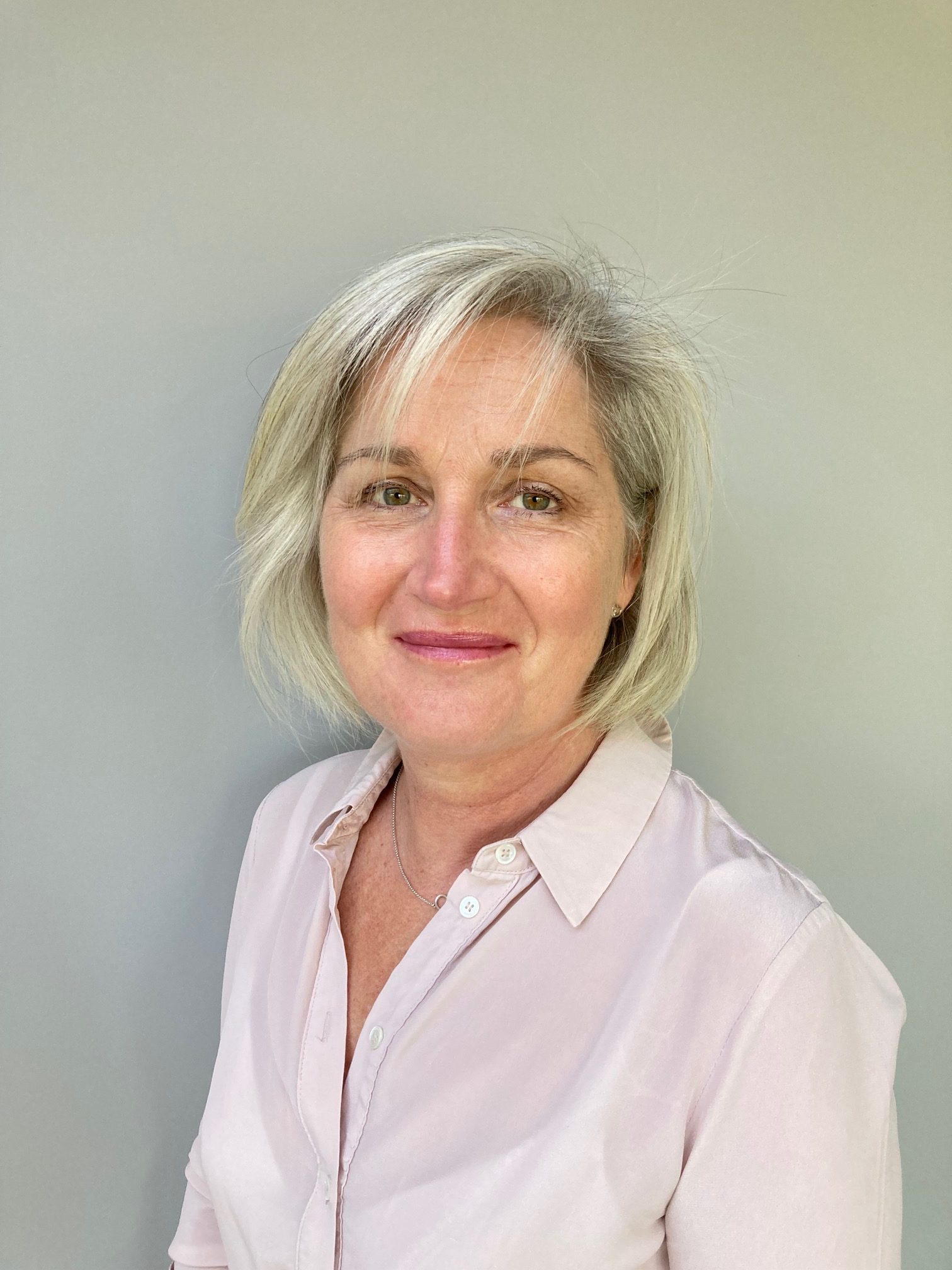
Helen Grice
Helen is a public and patient contributor for the BHF Data Science Centre and has been involved with the wearables programme on patient advisory steering group since May 2021. She joined the project because she believes strongly in motivating and empowering people to prevent poor health and improve their health conditions. As a data professional, she understands the important role that useable information plays in enabling people to better understand and advocate for their health, and in informing health professionals’ advice and decisions. Helen has a Masters degree in research methods and is semi-retired from a career in analysis and service evaluation in the charity and public sectors - she now helps to run her family business. She was a keen fitness enthusiast until experiencing long-term issues after contracting Covid in March 2020. She has two grown up sons, one of whom has had a chronic medical condition since early childhood. These experiences have given Helen a personal insight into feelings of vulnerability often experienced by patients and the importance of health research in providing better understanding, treatment and care.
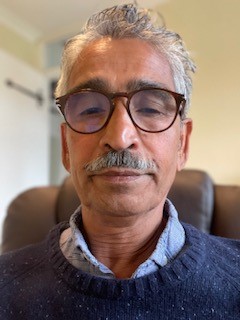
Anwar Gariban
Anwar retired from Sales and Marketing from the Pharmaceutical industry after thirty years of service. He has experienced in delivering inhouse as well as field training. Following retirement, Anwar joined the Medway school of Pharmacy which is part of Kent/Greenwich University as a public reviewer. That role is to provide input into research project to PhD students and other matters relating to Pharmacy student training. Anwar joined the Research Design Services SE (RDS SE) about five years ago as a public reviewer. In this role he reviews research proposals and sit on the Prefunding Submission Panel. He is also involved as a public member in a range of other projects relating to research.

